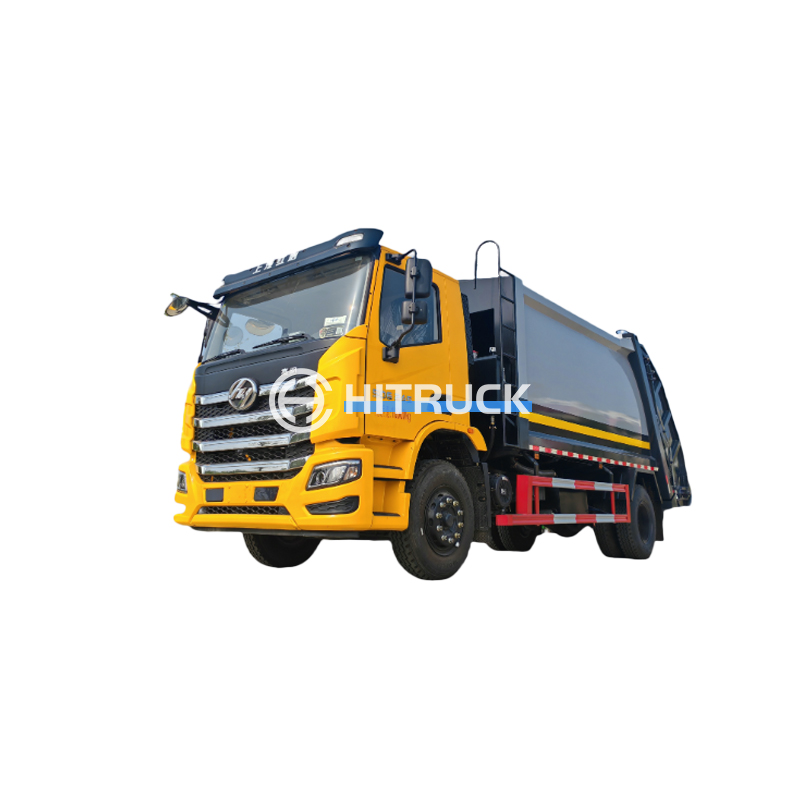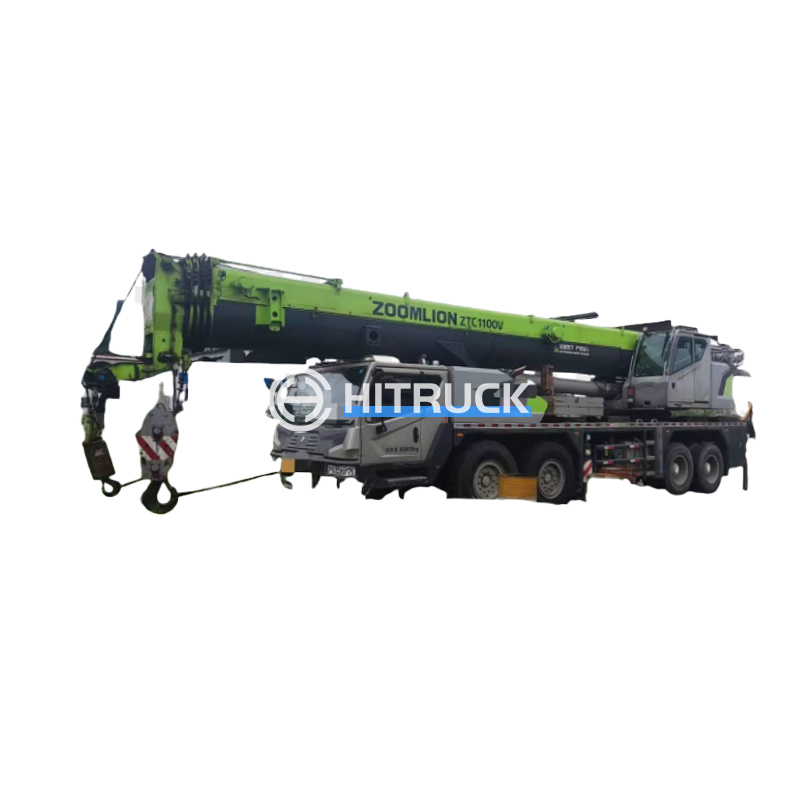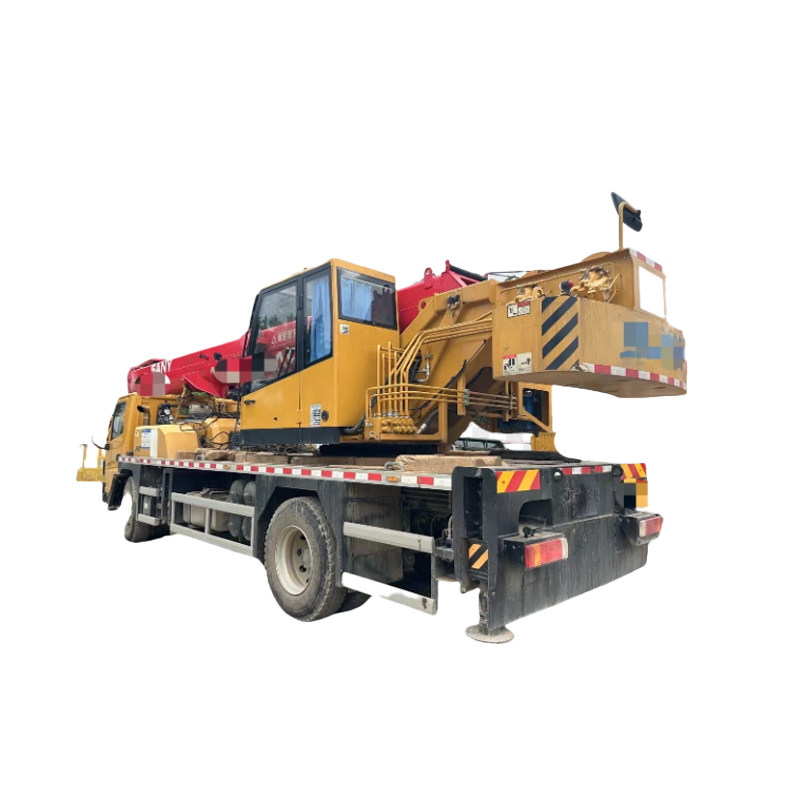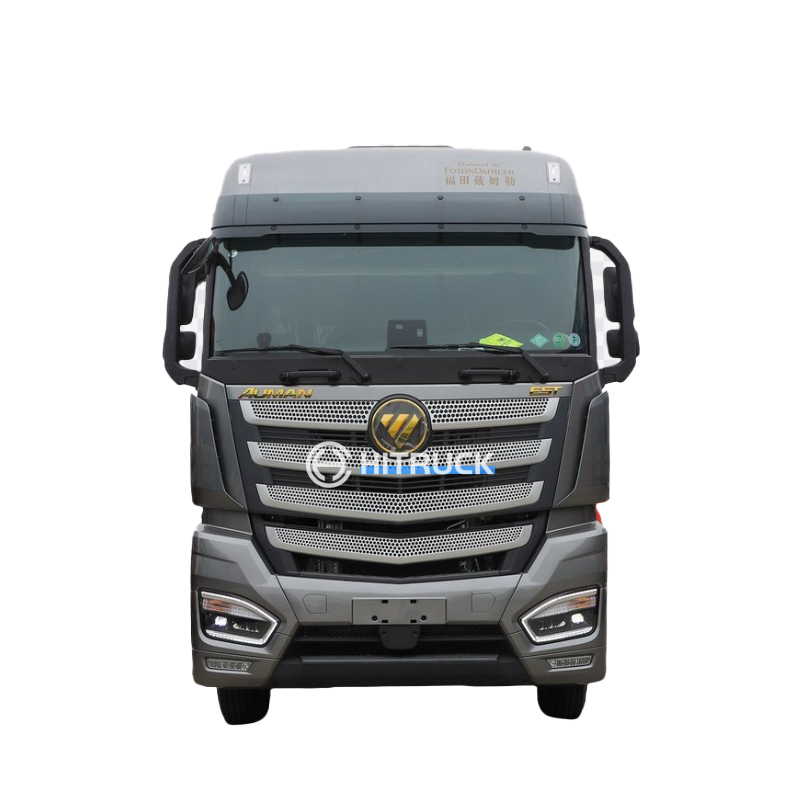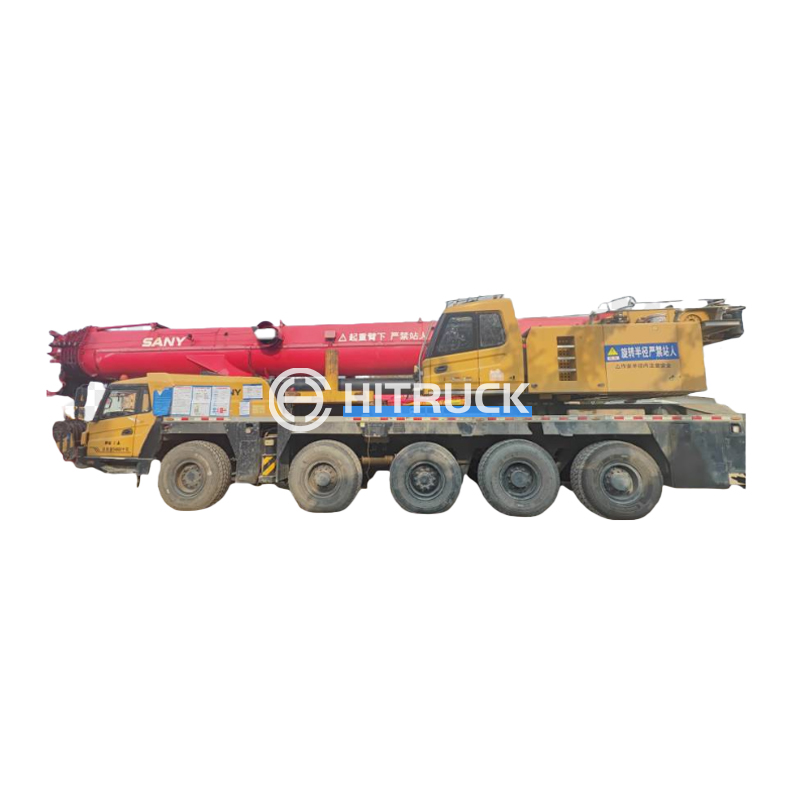Choosing the Right Water Tank for Water TruckThis guide helps you select the ideal water tank for your water truck, considering capacity, material, and regulatory compliance. We explore various tank types, their pros and cons, and factors influencing your choice. Learn how to optimize your water trucking operations with the right equipment.
Selecting the appropriate water tank for your water truck is crucial for efficient and safe water transportation. This decision impacts operational costs, water quality, and overall efficiency. This comprehensive guide will walk you through the key considerations to make an informed purchase.
The first and most fundamental consideration is the required water capacity. This depends on your typical delivery volume, distance traveled, and the number of deliveries per day. Overestimating your needs might lead to unnecessary expense, while underestimating could disrupt your operations. Accurate assessment of your daily or weekly water delivery requirements is critical. Consider peak demand periods and potential future growth when determining the optimal tank size. Remember, larger tanks generally add to the overall weight and fuel consumption of your water truck.
Water tanks for water trucks are typically made from various materials, each with its own advantages and disadvantages.
| Material | Advantages | Disadvantages |
|---|---|---|
| Stainless Steel | Durable, resistant to corrosion and contamination, long lifespan | Higher initial cost |
| Aluminum | Lightweight, good corrosion resistance | Can be susceptible to dents and scratches |
| Polyethylene (HDPE/LLDPE) | Lightweight, relatively inexpensive, good chemical resistance | Lower durability compared to steel, susceptible to UV degradation |
The choice of material often depends on budget constraints, the type of water being transported, and the expected lifespan of the tank. For instance, stainless steel is ideal for transporting potable water due to its superior hygiene properties, while polyethylene might suffice for non-potable water applications.
Compliance with local and national regulations regarding water transportation is paramount. This includes adhering to standards related to tank construction, safety features, and labeling requirements. It's crucial to check with the relevant authorities to ensure your chosen water tank for water truck meets all applicable regulations before purchase and operation. Failure to comply can result in significant fines and operational disruptions.
Selecting a reputable supplier is vital for obtaining a high-quality water tank for your water truck. Look for suppliers with a proven track record, positive customer reviews, and a commitment to providing excellent customer service. Consider suppliers who offer customization options to meet your specific needs, as well as comprehensive warranty and maintenance services. Suizhou Haicang Automobile sales Co., LTD is a reliable source for heavy-duty trucks, and could offer insights into compatible water tanks.
Regular maintenance is key to extending the lifespan of your water tank. This includes regular inspections for leaks, cracks, or corrosion, as well as routine cleaning to prevent the buildup of sediment and contaminants. Following the manufacturer's recommendations for maintenance and cleaning is essential for ensuring the long-term performance and reliability of your water tank. A well-maintained tank minimizes the risk of costly repairs and premature replacement.
By carefully considering capacity, material, regulatory compliance, and supplier reputation, you can make an informed decision and select the perfect water tank for your water truck, ensuring efficient, safe, and cost-effective water transportation operations.

